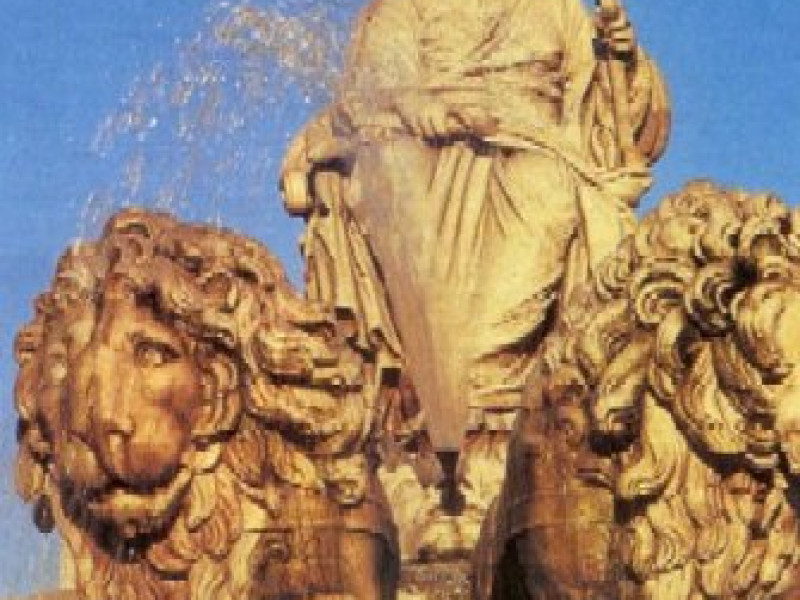Midas
Midas was the famous king with the golden touch. Midas was possibly a historical or semi-historical figure who appeared in Herodotus' History. Midas was said to have died in 718 BC. Midas' name also appeared in an Assyrian archive, as Mita.
Midas was the son of King Gordius of Phrygia and the mother goddess Cybele. According to Herodotus and Pausanias, Midas founded Ancyra the city in the upper valley of the River Sangarius. According to an epitaph to Homer, it says that Midas was the father of Gorgus.
The King with the Golden Touch
Midas was rewarded by Dionysus for entertaining one of his followers as a guest, or rescuing Silenus, companion of Dionysus, from the Thracian king named Lycurgus. Midas asked that "everything that he touches would turn into gold". The wine god granted this boon.
At first, Midas was so delighted that every object turned into gold, making the Lydian king rich beyond his imagination, but the gift turned out to be a curse. He could not eat anything, for his food also turned into gold.
After almost starving himself to death, Midas prayed to Dionysus to take away the golden touch. Dionysus answered his prayer by telling the king to bathe in the Patolus River. Midas lost his golden touch, but the sand in the entire riverbed turned into gold.
The King with the Ass' Ears
Another story concerning Midas was that he was one of the three judges in the music contests between Apollo and Pan. Midas foolishly preferred the music from Pan's pipe rather than from the lyre of Apollo.
Instead of punishing his rival (Pan), Apollo turned against the judge – Midas. Apollo punished Midas by turning his ears into ass' (donkey) ears.
Midas was so embarrassed that he hid his ears under a large cap. Only his barber knew of his deformity. Midas threatened to punish his barber with death if he ever told anyone about his ears. The barber kept Midas' secret as long as he could.
One day he could not bear it, so the barber went out into the country, and dug a hole. The barber whispered his secret into the hole, before he refilled the hole with dirt.
A year later, reeds grew around the area where the barber had dug the hole. Anybody who had travelled through this area could hear the voice that says "Midas has ass' ears". Shortly after that, everybody in Midas' kingdom knew about the king's embarrassing secret.
Related Information
Name
Midas, Μίδας, Μιδου.
Mita (historical?).
Sources
Metamorphoses was written by Ovid.
Fabulae was written by Hyginus.
Description of Greece was written by Pausanias.
Historia was written by Herodotus.
By Jimmy Joe



